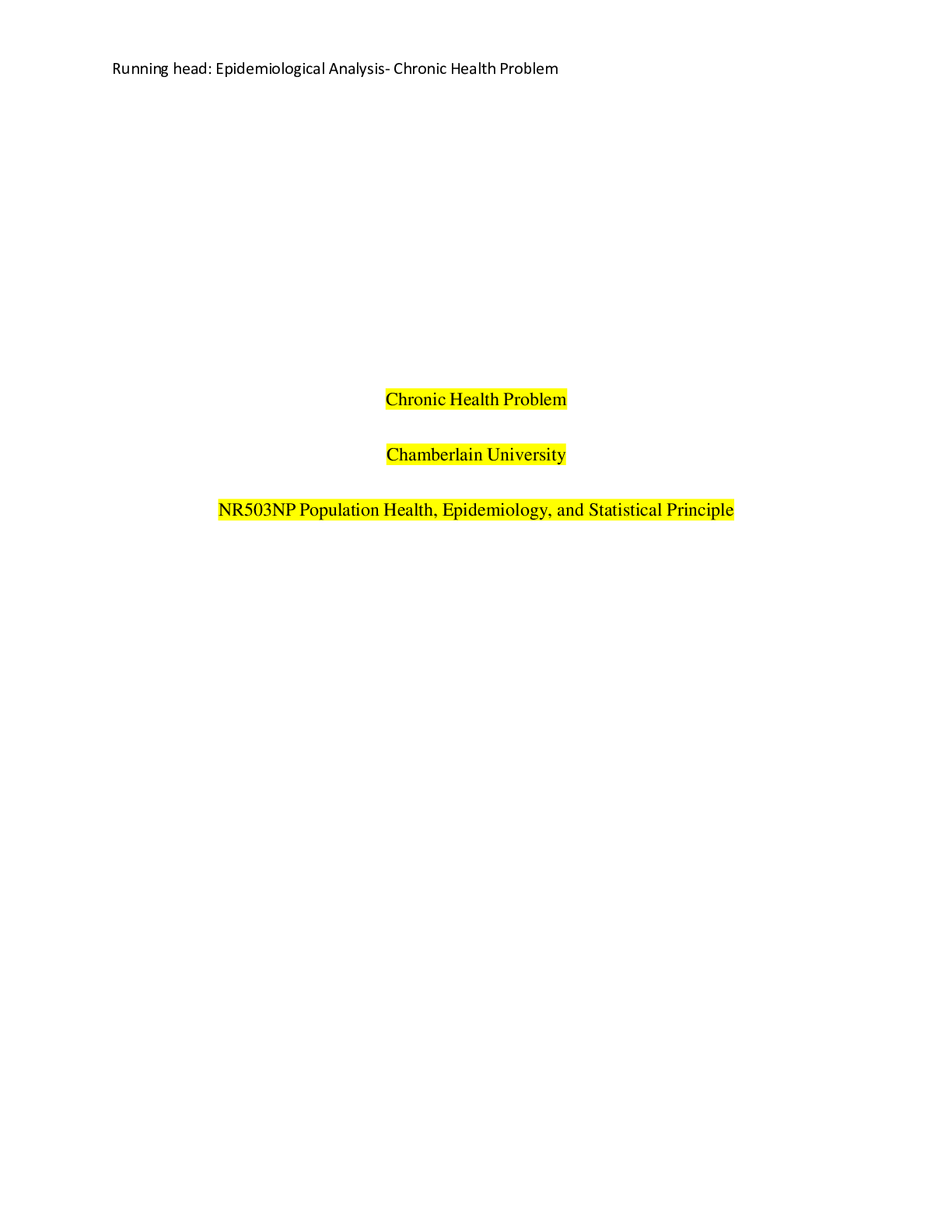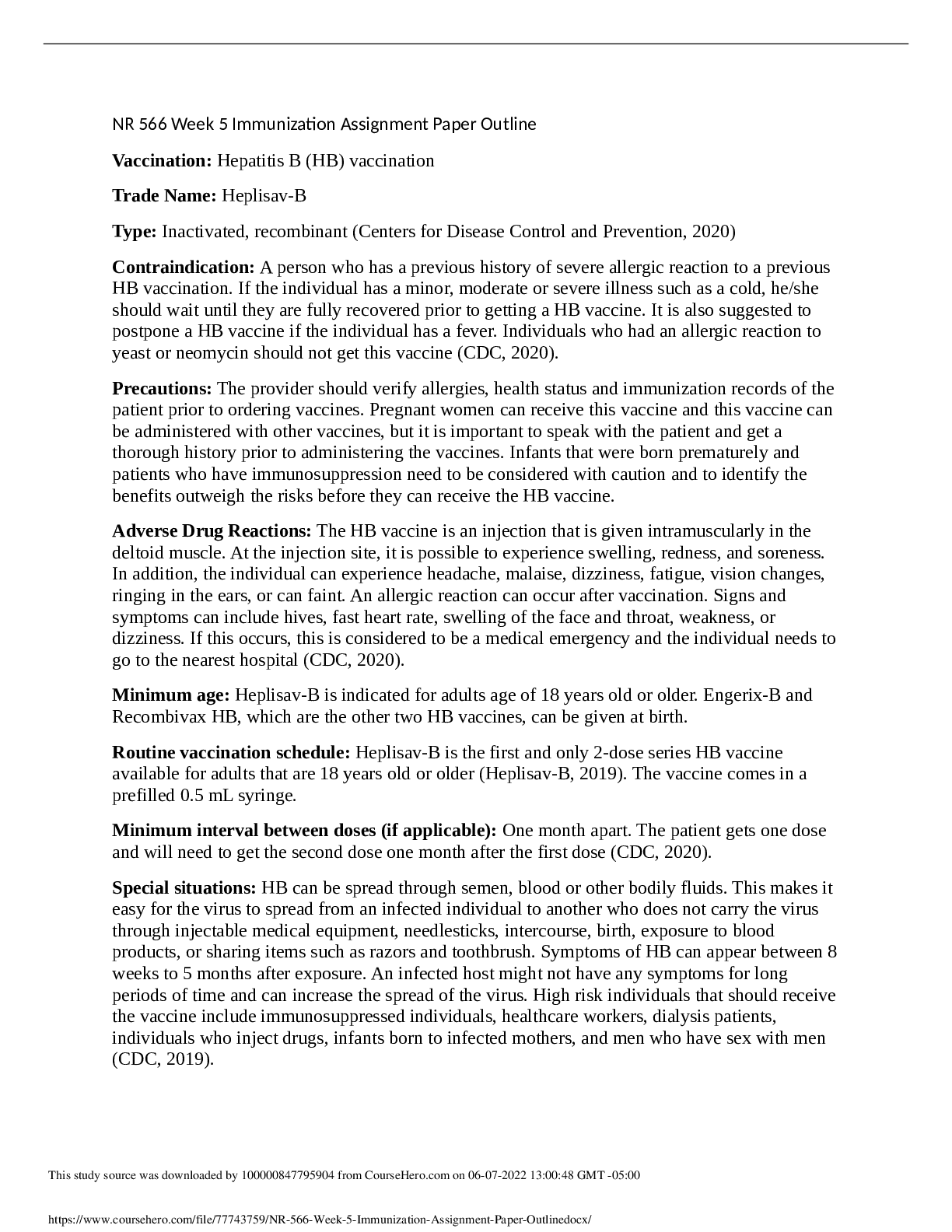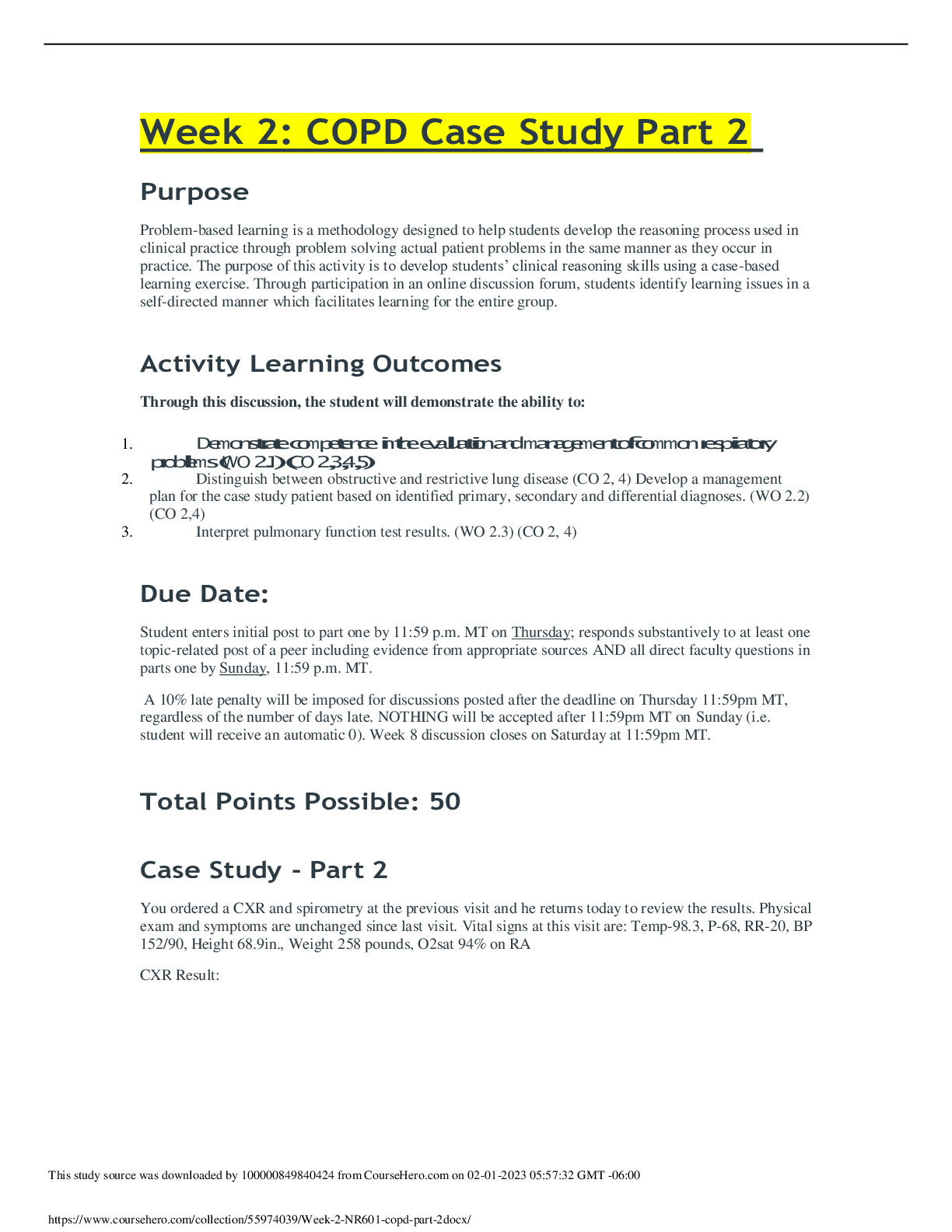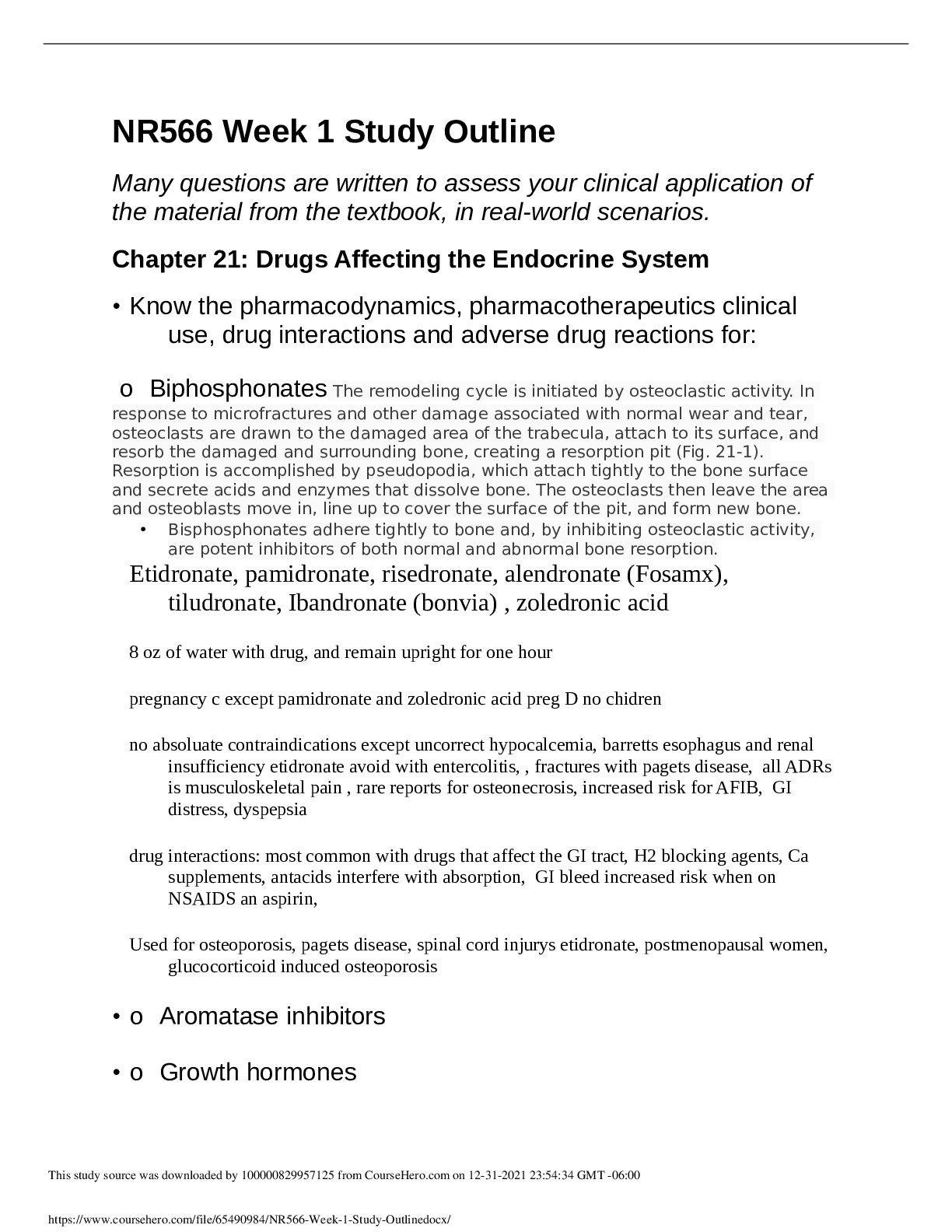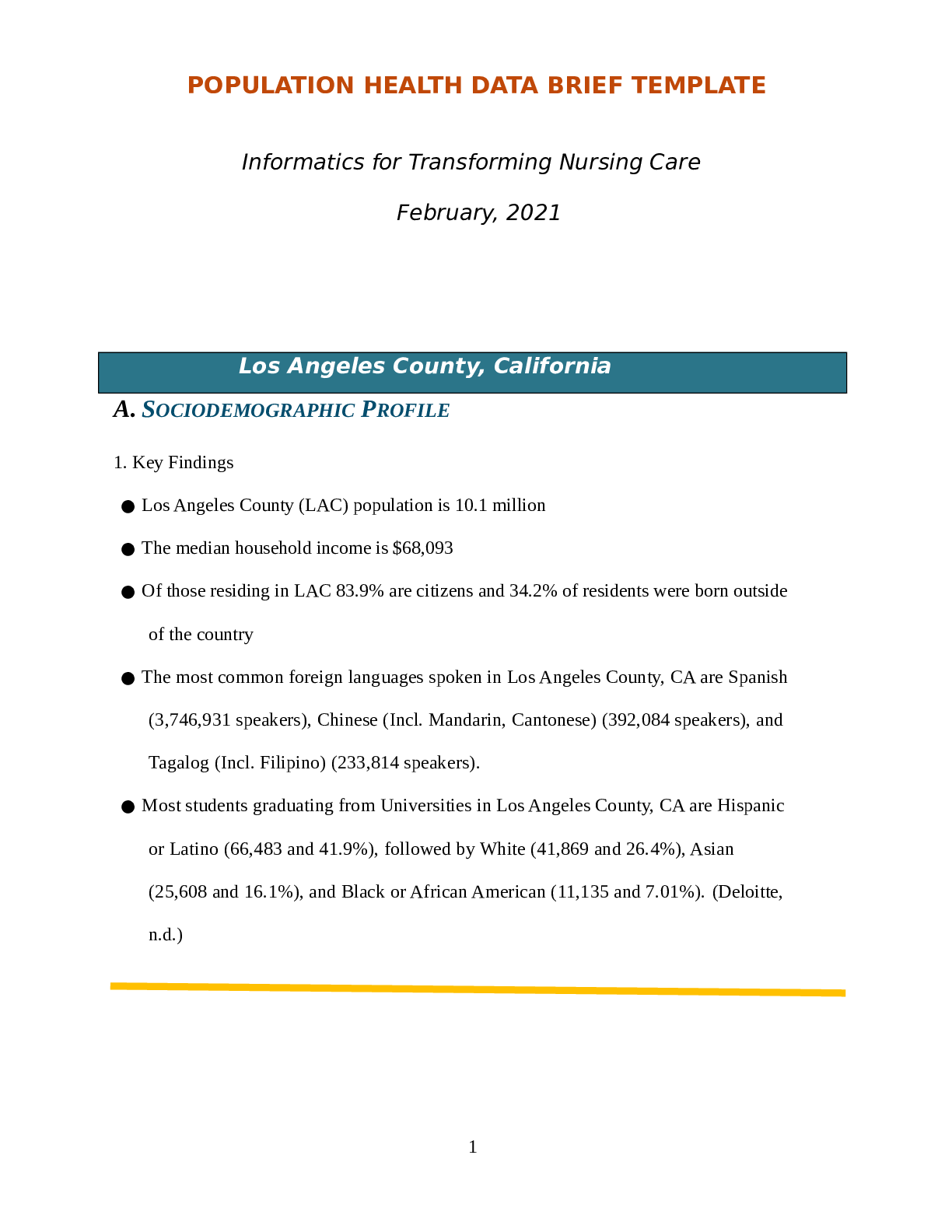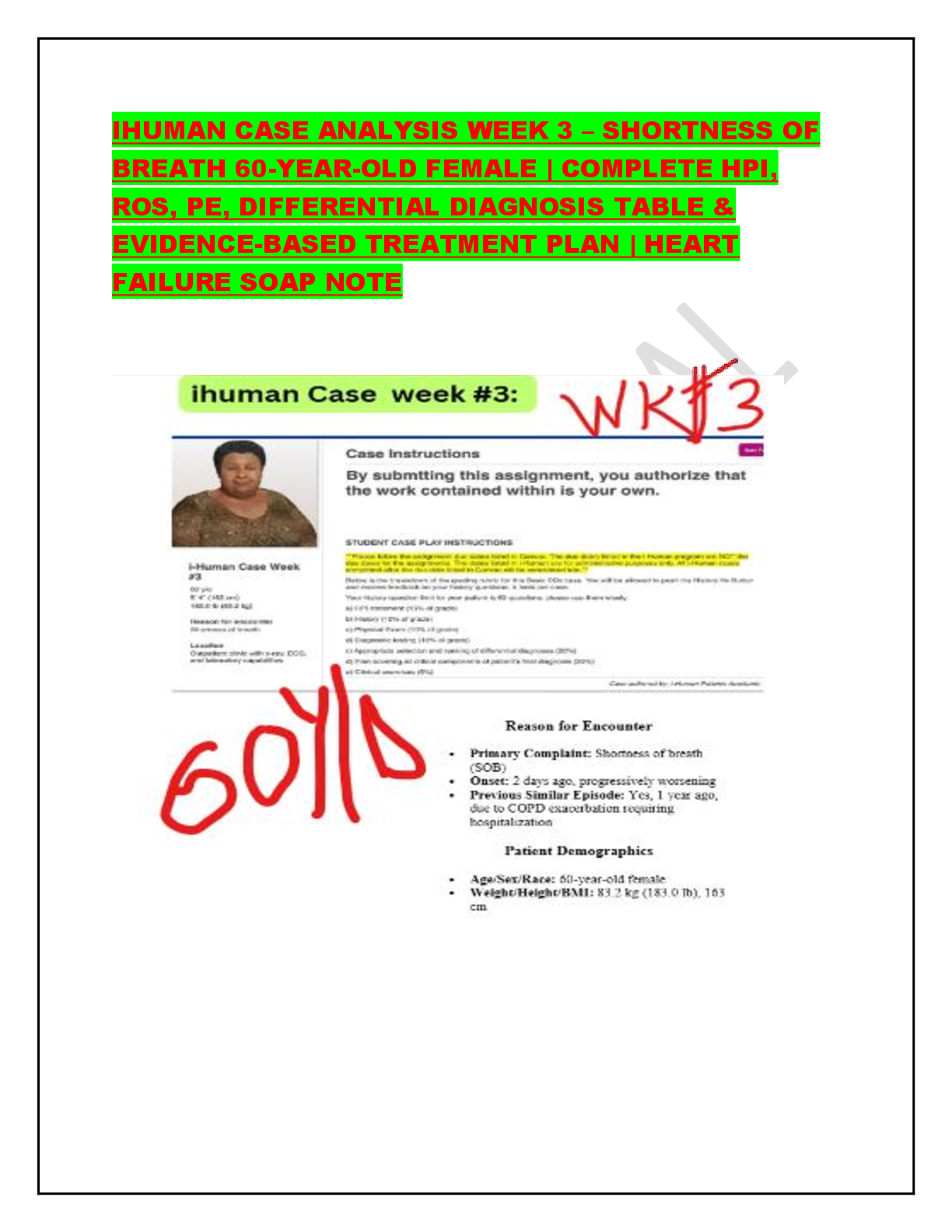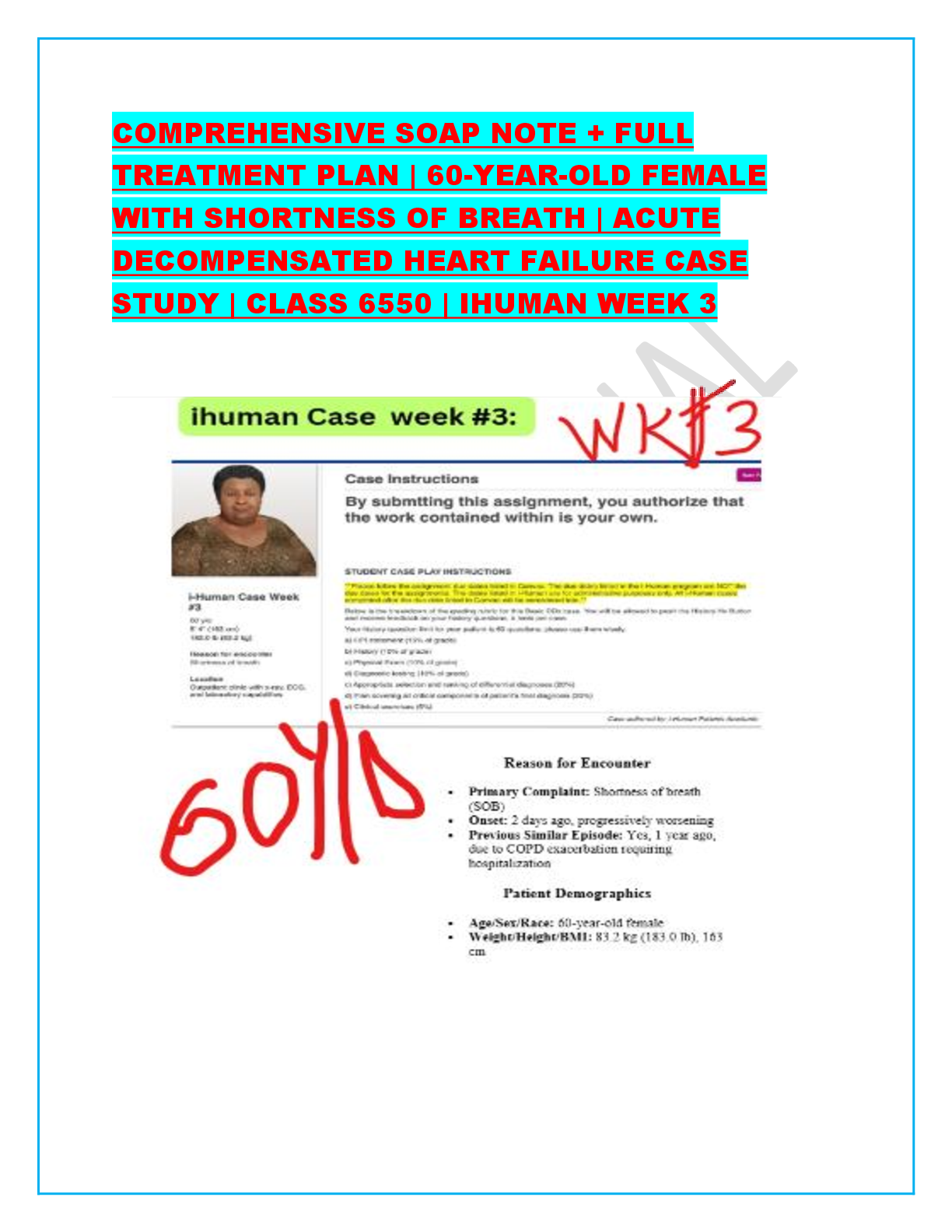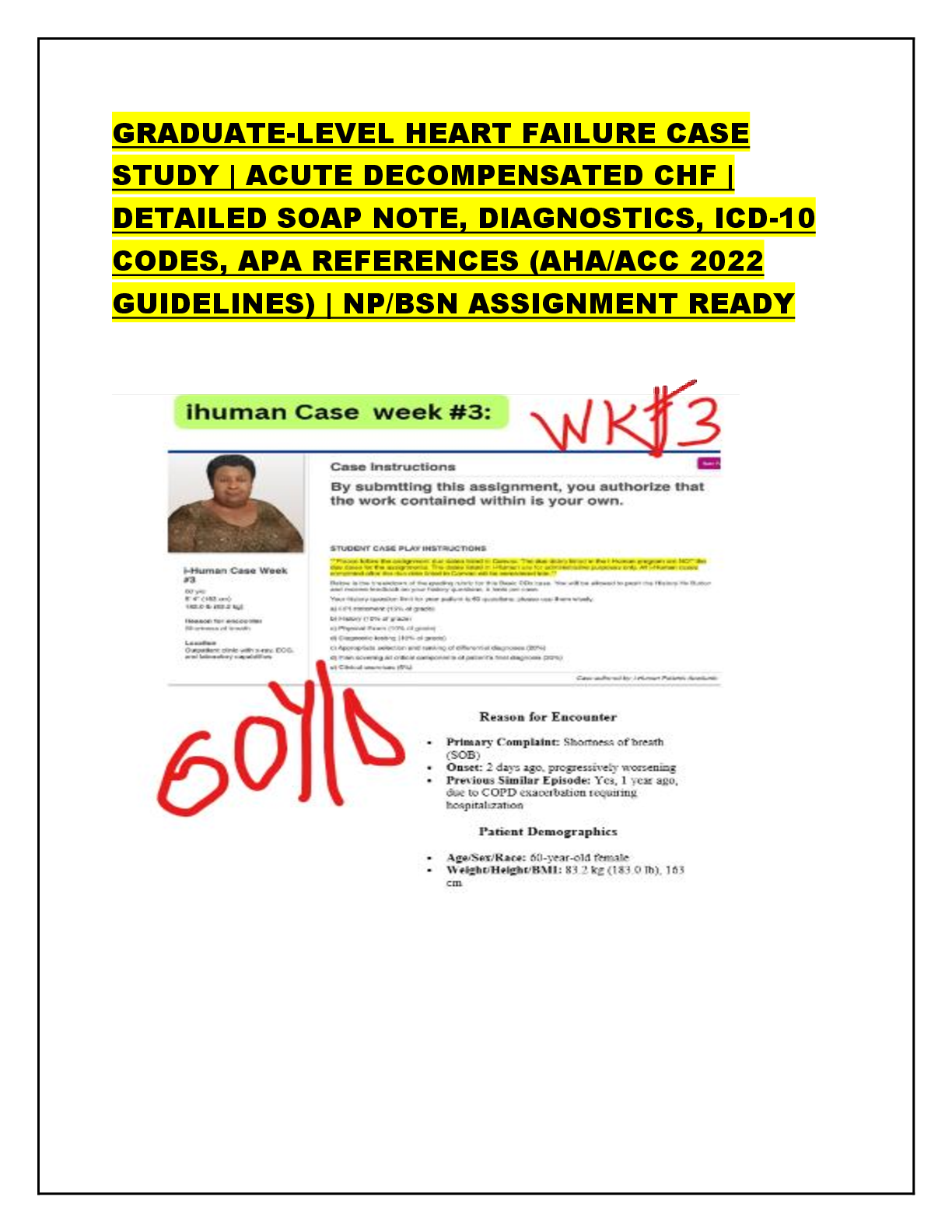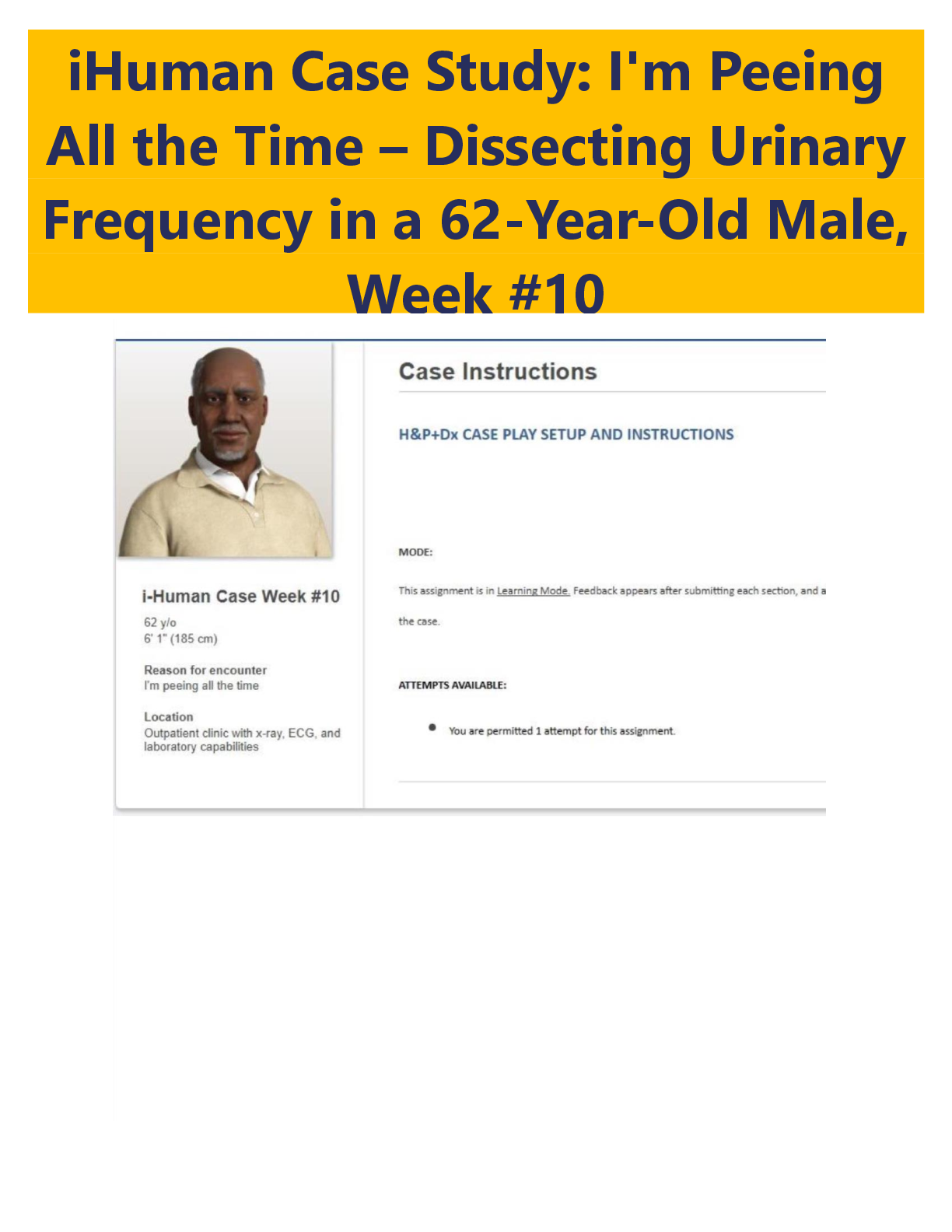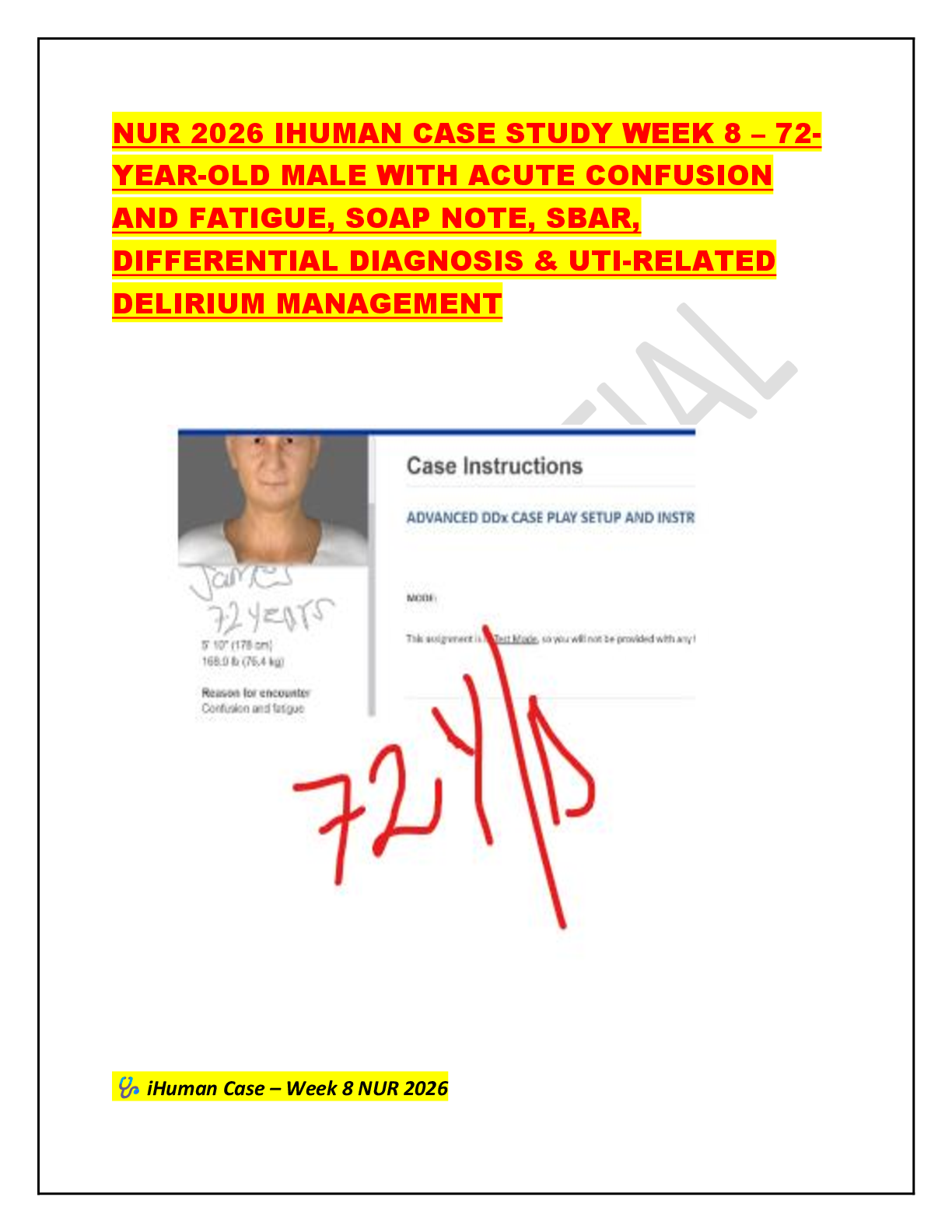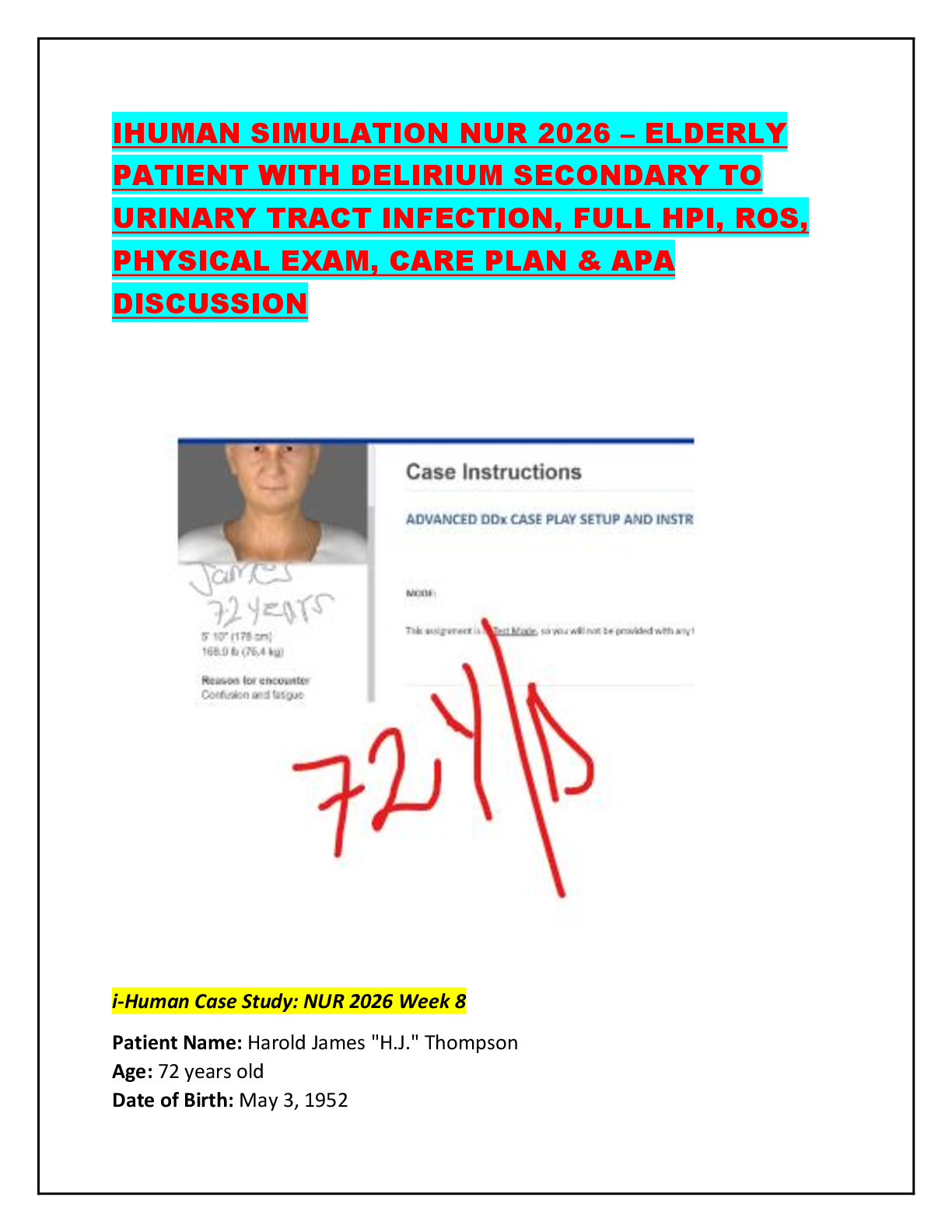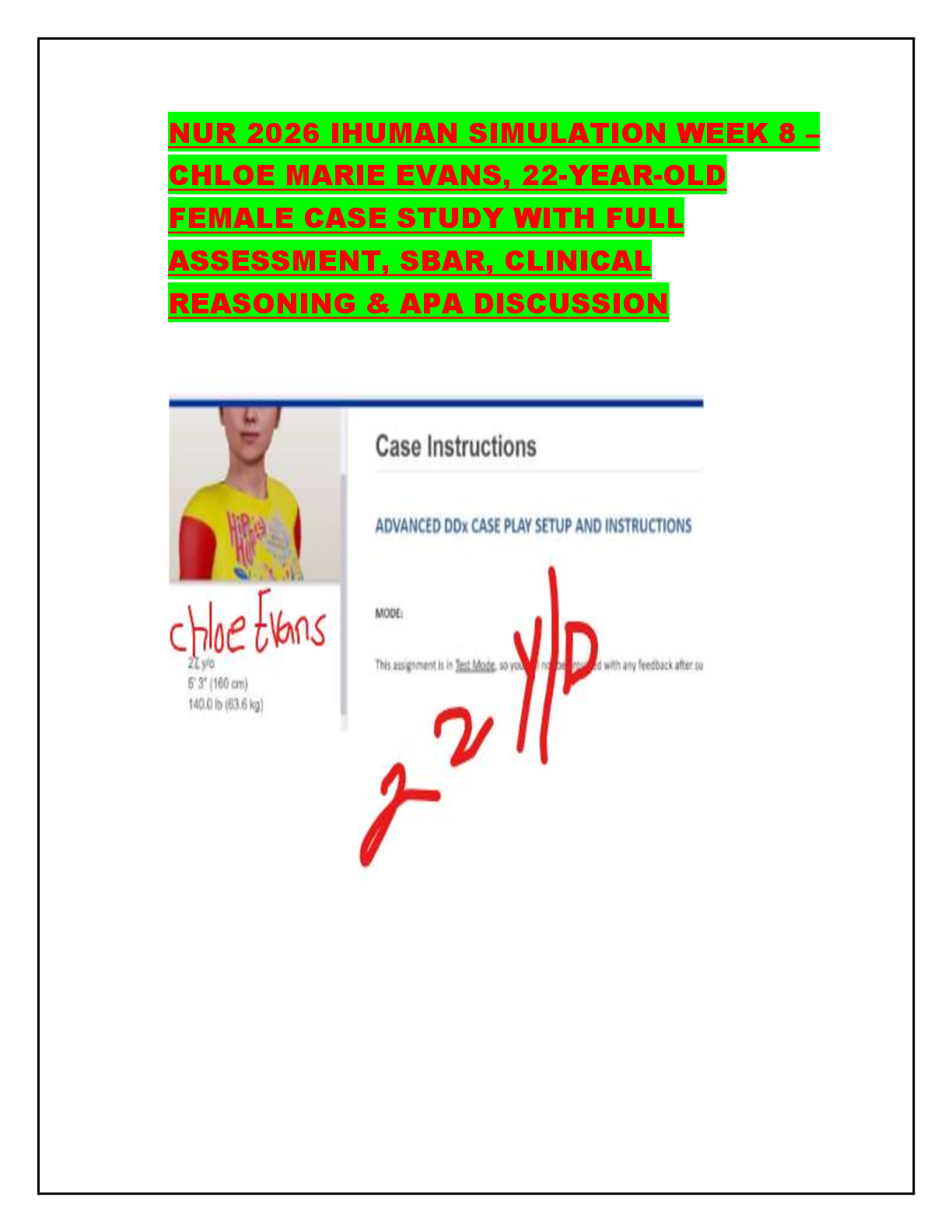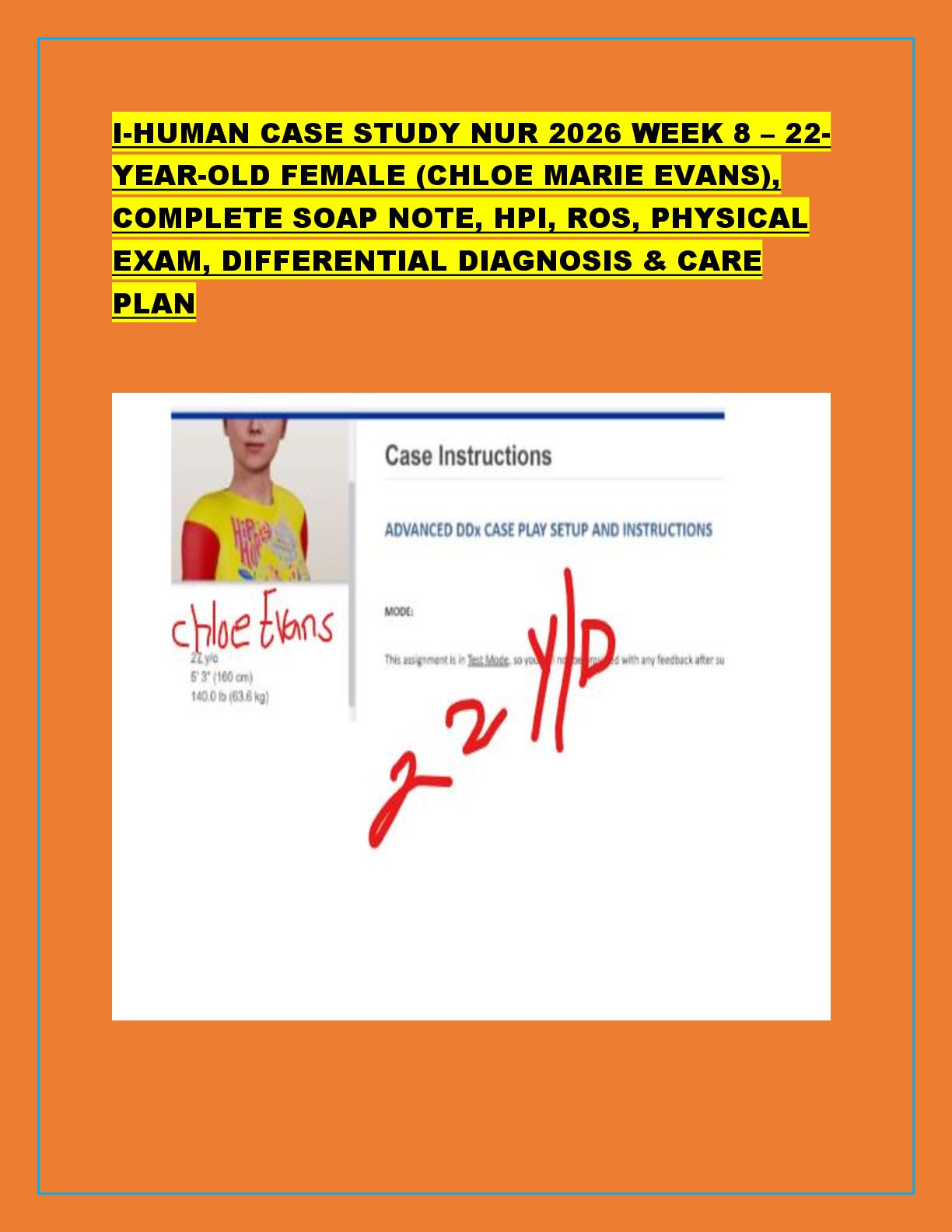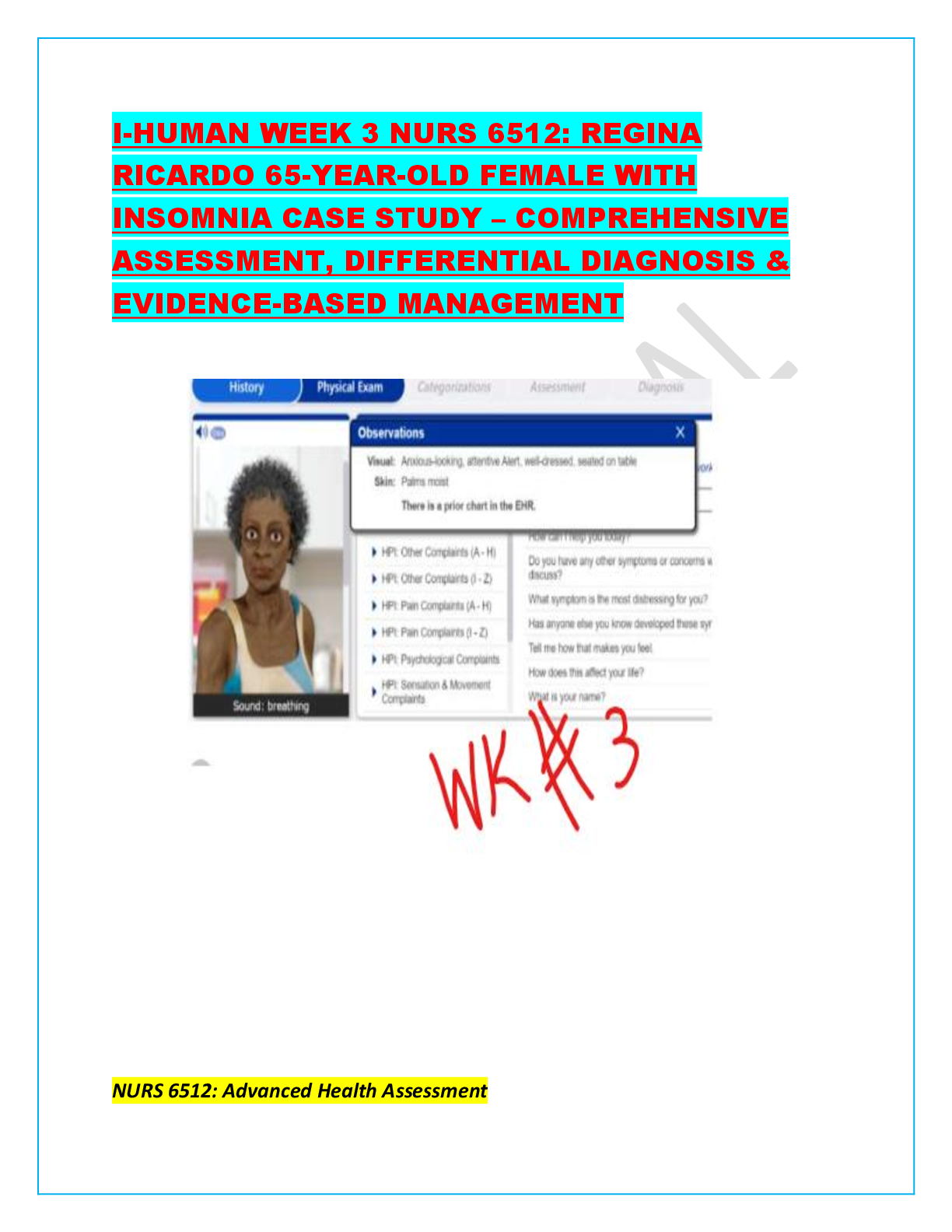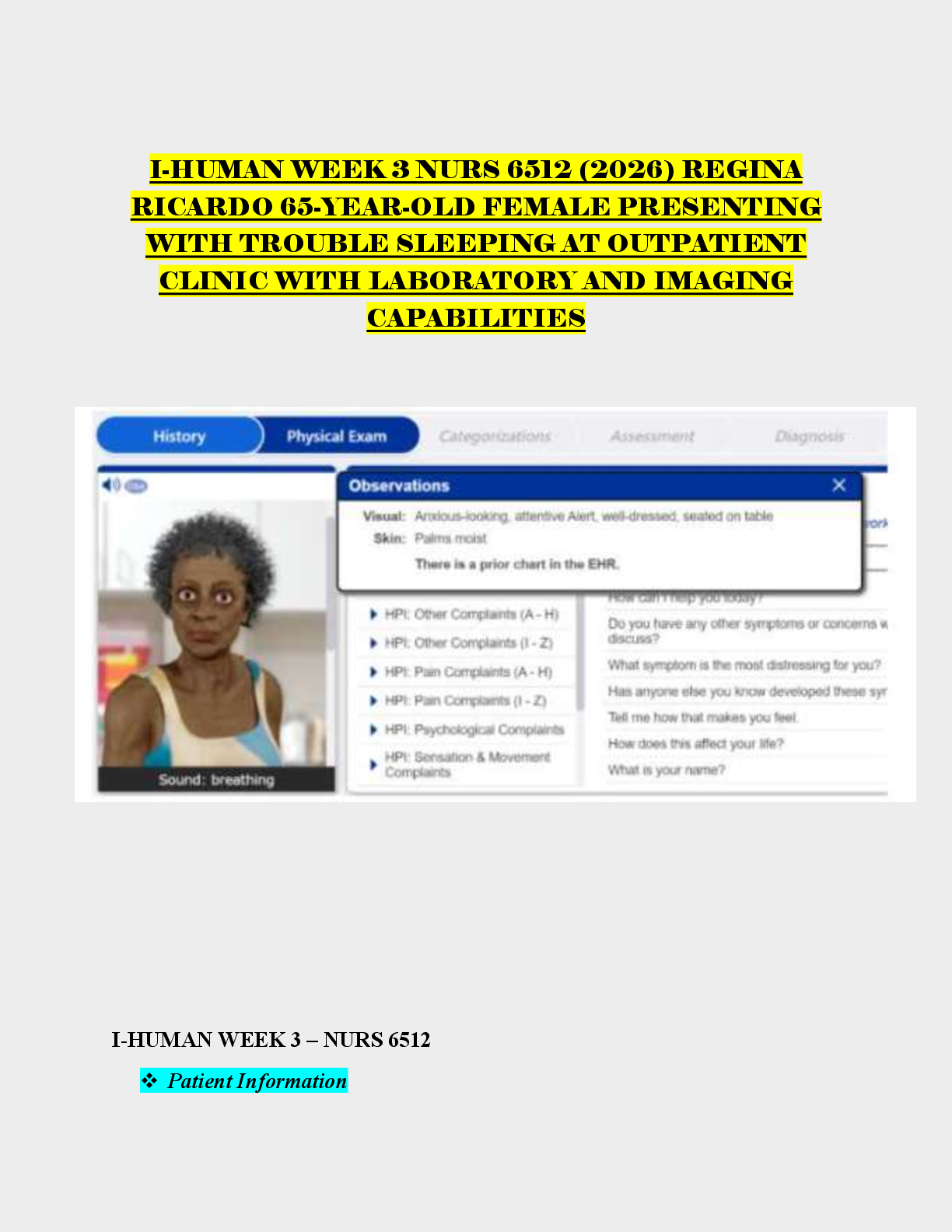Major Perspectives of Psychology in Everyday Life
Chamberlain College of Nursing PSYCH 110: Psychology
.
Consequences of Abortion Bans
Identification of the controversy
Since several months,
...
Major Perspectives of Psychology in Everyday Life
Chamberlain College of Nursing PSYCH 110: Psychology
.
Consequences of Abortion Bans
Identification of the controversy
Since several months, very restrictive laws are passed about abortion in America. For instance, Alabama voted a bill that bans abortion in all situations, including rape and incest. The only exception is a very high health risk for the mother. Beyond the fact that these new laws go against the women’s right and against the right to dispose of their body, being denied an abortion for an unintended pregnancy could seriously impact life and especially mental health of the mother and child. Several points must be considered:
- The multiple risks of an illegal abortion, in unsafe conditions,
- The ability to establish a bond with the child,
- The ability to provide care and a positive environment to the child,
- The impact of carrying a child from a violent relationship,
- The impact of a denied abortion on the whole family (if other children are already present), and the risk of abuse,
- What’s the future of these unwanted children, and the effects on the following generation?
The neuroscientific point of view
The neuroscientific approach might include developmental questions such as when life starts, when brain is enough developed to allow us to consider the beginning of consciousness.
In brief, how to protect the fetus? Dr. Tomas Ryan, assistant professor of neuroscience at Trinity College Dublin, answers “It’s the individual woman who, like any mammal trained by 400 million years of evolution, will sacrifice herself to ensure her children’s survival and wellbeing” (RYAN, 2018). So, protecting mother is also important. Recent studies showed that women having to deal with the refusal of abortion often live below the poverty limit and for these children, the bad impact on development is quantifiable (UCSF Bixby Center, 2015). We know today that love and strong attachment have a biological impact and contribute to children wellbeing. For example, Teicher described how the brain is impacted when a child suffer of neglect (Teicher, 2000, cited in London Journal of Primary Care 2016)
The cognitive point of view
The psychologist who rely on the connective perspective can enlighten the origin of the controversy. First, they can come back how the public opinion is built. It is interesting to learn how individuals receive information about abortion ban and how after treatment of the message, they take position pro- choice or pro- life. As the cognitive perspective consider conscious and unconscious dysfunctions in the process of thinking, this approach will bring support to women asking abortion after a traumatic event.
The humanistic point of view
The humanistic psychologist should listen both opinions in the conflict. For humanistic, empathy is important in this approach. Despite their ability to embrace feelings of the different position, the humanistic psychologist believe that individual has the right to take her/his own decision about her/his life. Life is important but what about the quality of life for the woman, the
preexisting family and the unwanted child? For instance, when people claim that every life counts, the humanistic perspective will consider the future life of the child and the wellbeing of both, mother and child.
References:
BIXBY UCSF Center newsletter retrieved from https://bixbycenter.ucsf.edu/news/research-
illustrates-detrimental-effects-20-week-abortion-ban
DR RYAN, T., (2018), The moment a baby’s brain starts to function, and other scientific answers on abortion, retrieved from https://www.irishtimes.com/opinion/the-moment-
a-baby-s-brain-starts-to-function-and-other-scientific-answers-on-abortion-1.3506968
RODRIGUEZ, T., (2019), Mental Health Ramifications of Abortion Bans: Three Perspectives. Retrieved from https://www.psychiatryadvisor.com/home/topics/general
TEICHER MD. Wounds that time won’t heal: the neurobiology of child abuse. Cerebrum: The Dana Forum on brain science.2000; 2:50-67
WINSTON, R., & CHICOT, R. (2016).The importance of early bonding on the long-term mental health and resilience of children. London journal of primary care, 8(1), 12-
14.
doi: 10.1080/17571472.2015.1133012
[Show More]






